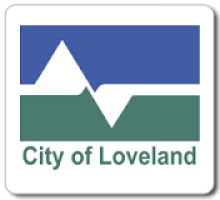Loveland, Colorado, Conducts Interest Survey
It’s been almost two years since 82 percent of Loveland voters chose to opt out of Colorado’s restrictive SB 152. Last fall, the community started working with a consultant on a feasibility study and now, residents and businesses are being asked to complete a second survey to gauge interest in the potential for connectivity offered by the city.
One Step At A Time
Loveland, a community of about 69,000 people in the southeast corner of the state, completed a survey last year, which revealed that 56 percent of residents and 37 percent of businesses feel incumbents are not meeting their connectivity needs. Affordability is a big factor for both sectors with lack of capacity and reliability following close behind. Residents reported they were also unhappy with customer service. Within both sets of respondents, a high percentage showed interest in obtaining service directly from the city or from a private provider working with the city.
This summer, the city released an RFP, hoping to elicit interest from the private sector for potential partners to help them develop a municipal fiber network. Read the full text of the RFP here.
Many premises in Loveland subscribe to cable from Comcast, which faces little or no competition from services other than DSL at much slower speeds. Resident Roger Ison wrote to the Reporter Herald recently encouraging residents and business owners to participate in the survey:
Comcast reaches enough Lovelanders to set the market price for high-speed service here. Competition and citywide access are inadequate because no other competitor has deployed a modern, high-performance network that reaches most potential subscribers.




